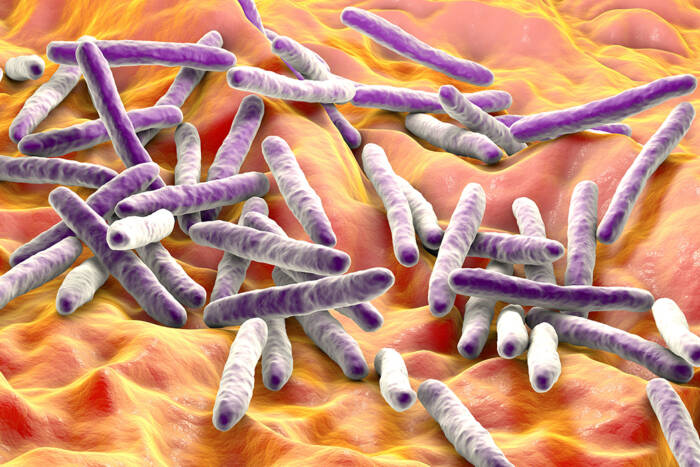Vivian Mae Lee
A.B., Harvard University
Energy Homeostasis during Fasting and Fed States: Foxa2 Regulates Hepatic Amino Acid Uptake
presented by Markus Stoffel
Vivian Lee joined my laboratory five years ago as an M.D.-Ph.D. student. In my first meeting with her she explained that she wanted to work on a translational project at the interface of basic science and medicine. Vivian developed an interest in the fundamental question of how organs such as the gut and the liver adapt in periods of fasting and feeding. For instance, during periods of fasting, the gut prepares itself for the next meal by changing its gene expression profiles and switching on the machinery that synthesizes proteins that are responsible for breaking down and absorbing nutrients into the blood. Vivian investigated a molecular pathway that explains the molecular events from metabolic sensing at the cell surface to the mechanism by which genes, such as amino acid transporters, are turned on and off in the nucleus in response to feeding and fasting. Vivian showed that in the absence of insulin signaling, such as in the fasted state when insulin levels in the circulation are low, the transcription factor Foxa2 is active and stimulates the expression of a number of nutrient transporters, including the amino acid transporter ATA3. This ensures that the gut and the liver are optimally prepared for the next incoming meal when their sole function is to transport nutrients across the plasma membrane. In the postprandial state, the active synthesis will be inhibited through a signaling cascade that is initiated by insulin binding to its membrane receptor and a cascade of intracellular protein phosphorylation events that ultimately result in the phosphorylation of Foxa2, exclusion from the nucleus and cessation of ATA3 protein expression.
Vivian was a student who stood out through her warm and kind personality. She cares deeply about people and during her time in the lab she was a wonderful colleague who was never tired of helping others, teaching new colleagues in the lab and caring about the well-being of her peers. I personally will never forget how deeply saddened Vivian was after the events of September 11, which occurred only a few months after she had joined the lab. Indeed, Vivian seemed almost paralyzed by this tragedy, maybe questioning if her time was spent wisely in science. I am glad that she eventually regained interest in science and that she successfully completed her project. I was very happy to recently hear that Vivian enjoys learning the art of medicine and that she is considering enrolling in a psychiatry fellowship program after the completion of her medical training. I wish her personally and professionally all the best and success.



